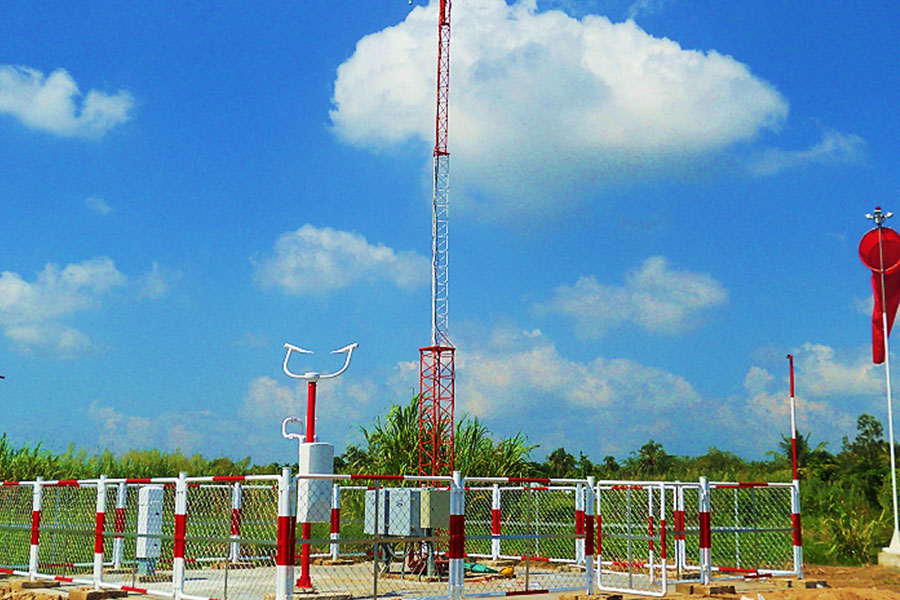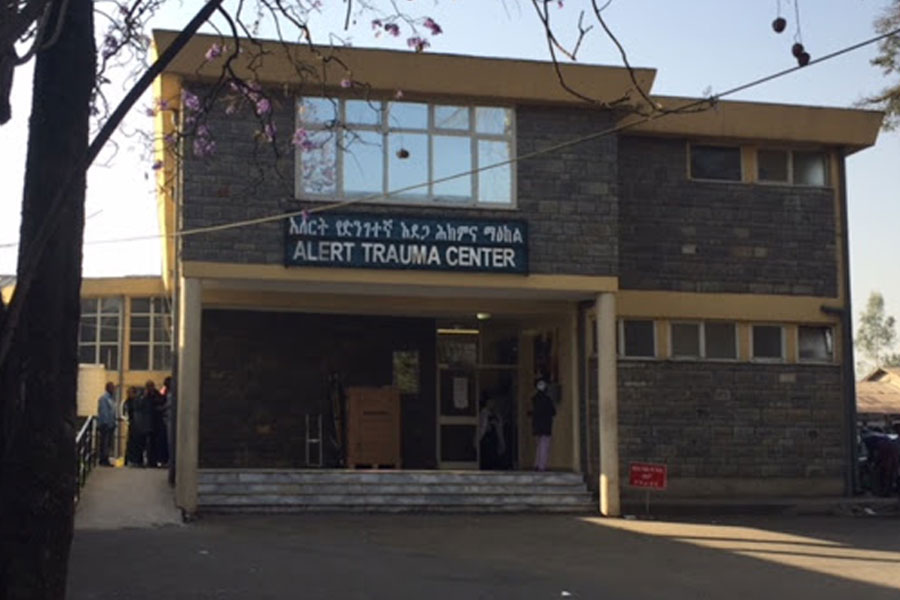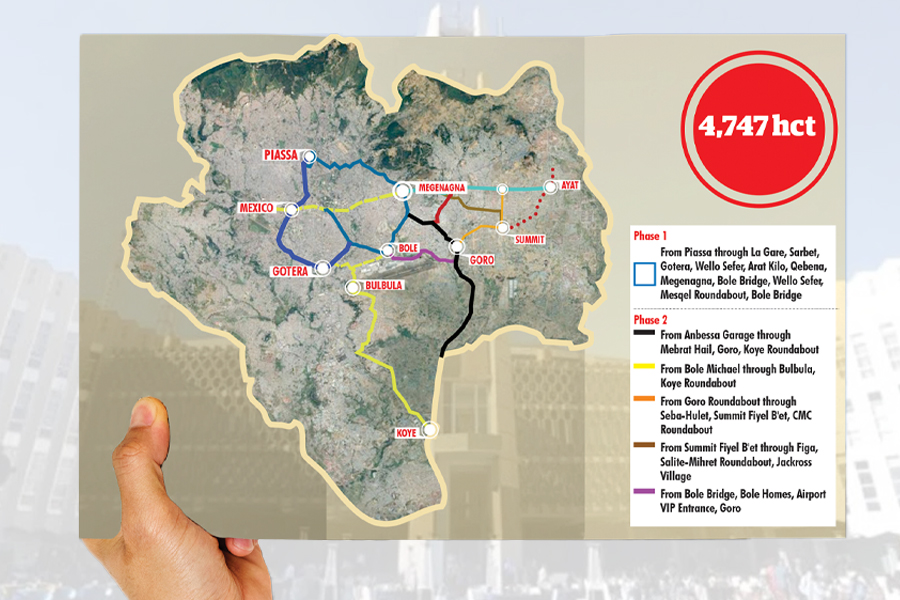
Commentaries | Dec 04,2020
Upbeat and confident, Prime Minister Abiy Ahmed (PhD) (right) arrived under the sunny weather of Debre Markos, East Gojjam Zone, early last Monday. He, as well as Deputy Prime Minister Demeke Mekonnen (centre-right) and Desta Ledamo (centre-left), president of the Sidama Regional State, were received by Agegnehu Teshager (left), president of the Amhara Regional State.
All were in a good mood – at least for the camera – to inaugurate one of the largest edible oil complexes in the country.
But first on the itinerary was launching the third round of an initiative the Prime Minister has been keen on – the Green Legacy campaign – this time regionally. Some soil was overturned, seedlings planted, speeches were made, and off they went to visit the WA (Worku Aytenew) Industrial Edible Oil Complex, the third such factory to go operational this year. Built at the cost of over five billion Birr, the factory has a production capacity of 1.3 million litres of edible oil daily to meet the growing domestic demand, half of which is supplied through imports. Developers of the project hope to provide linkages with 2,500 farmers.
Debre Markos was one in what proved to be a busy week for the Prime Minister.
The previous day, he was in another part of the Amhara region to inaugurate the long-delayed Tana Beles I Sugar Plant, which had the state spend 19 billion Br. Later in the week, he invited Kenyan President Uhuru Kenyatta for the formal agreement on telecom operation by the Global Partnership for Ethiopia, a consortium led by Safaricom, which had paid 850 million dollars for a license.
The international news about Ethiopia has not been bullish, nonetheless. As has been the case for much of the year, global coverage of Ethiopia focused on the crisis in Tigray Regional State, where the Ethiopian Human Rights Commission (EHRC) says are "highest levels of catastrophic emergency" and a "dismal humanitarian situation."
With leaders of the G7 countries meeting in the UK late last week, the transatlantic alliance has doubled down on its calls for a ceasefire and unfettered access to humanitarian aid in fear of a famine breaking out. Senior officials of the United Nations say "famine is now." Federal authorities in Ethiopia beg to differ, especially on the prospect of famine. Briefing journalists on June 9, 2021, they claim the "fear is exaggerated."
PUBLISHED ON
Jun 12,2021 [ VOL
22 , NO
1102]

Commentaries | Dec 04,2020

Fortune News | Jan 26,2019

Editorial | Aug 14,2021

Radar | Oct 26,2019

Fortune News | Sep 30,2023

Radar | Jul 03,2021

Fortune News | Jun 19,2021

Fortune News | Aug 25,2024

Sunday with Eden | Jul 09,2022

Fortune News | Nov 21,2020

Dec 22 , 2024 . By TIZITA SHEWAFERAW
Charged with transforming colossal state-owned enterprises into modern and competitiv...

Aug 18 , 2024 . By AKSAH ITALO
Although predictable Yonas Zerihun's job in the ride-hailing service is not immune to...

Jul 28 , 2024 . By TIZITA SHEWAFERAW
Unhabitual, perhaps too many, Samuel Gebreyohannes, 38, used to occasionally enjoy a couple of beers at breakfast. However, he recently swit...

Jul 13 , 2024 . By AKSAH ITALO
Investors who rely on tractors, trucks, and field vehicles for commuting, transporting commodities, and f...

Jul 5 , 2025
Six years ago, Ethiopia was the darling of international liberal commentators. A year...

Jun 28 , 2025
Meseret Damtie, the assertive auditor general, has never been shy about naming names...

Jun 21 , 2025
A well-worn adage says, “Budget is not destiny, but it is direction.” Examining t...

Jun 14 , 2025
Yet again, the Horn of Africa is bracing for trouble. A region already frayed by wars...